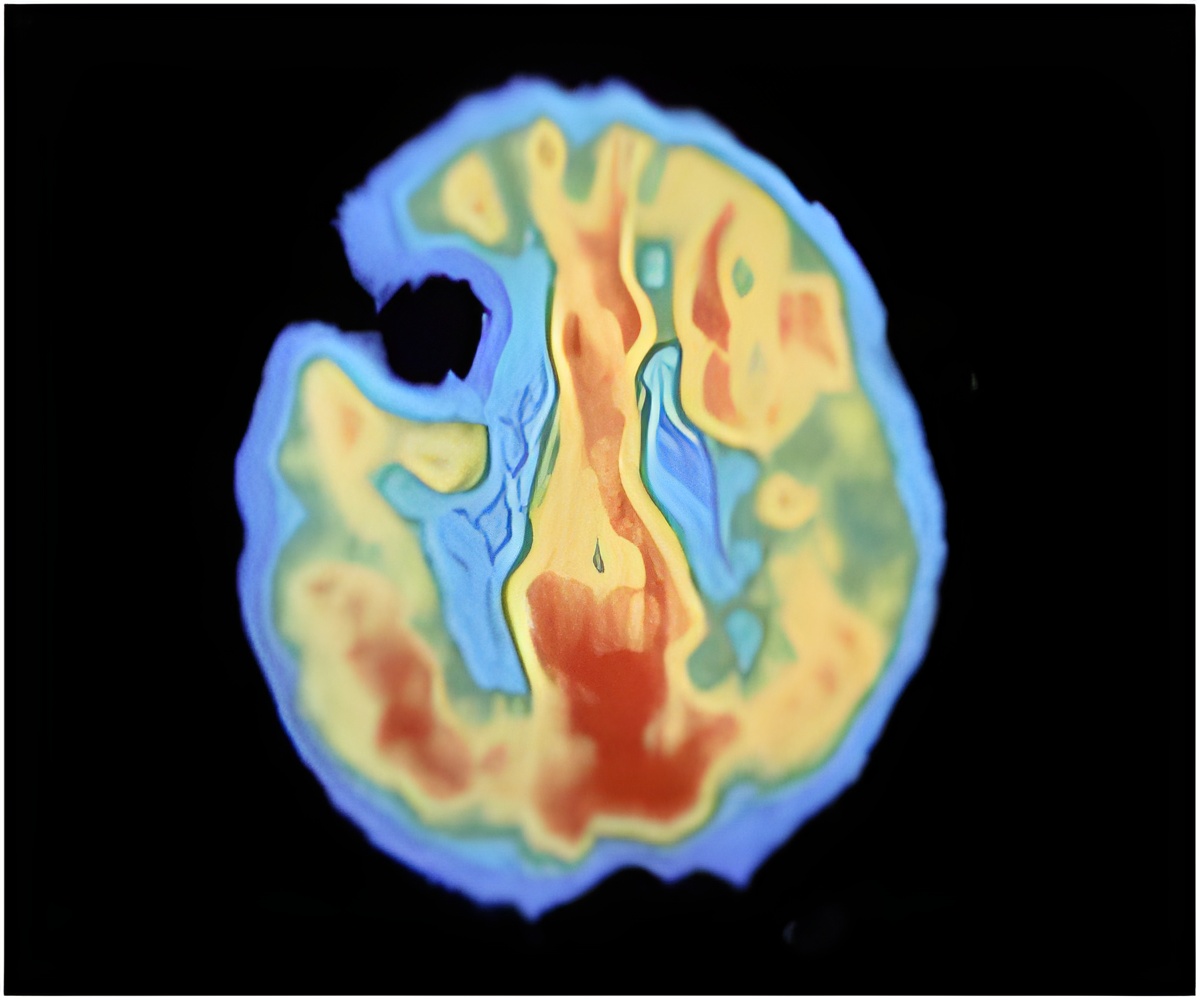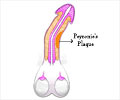Alzheimer's disease (AD) is a devastating neurodegenerative disorder that causes progressive cognitive impairment and memory loss.

"One of the fingerprints of NO is tyrosine nitration, a posttranslational protein modification that can induce structural changes leading to protein aggregation," explains senior study author, Dr. Michael T. Heneka, from the University of Bonn in Germany. "Since there is so far no mechanistic explanation how expression of NOS2 and the subsequent production of NO and its reaction products modulate AΒ and thereby the progression of AD, we speculated that nitration of AΒ might contribute to AD pathology."
In their study, first author Dr. Markus P. Kummer and colleagues discovered that AΒ is a novel NO target. They observed nitrated AΒ in AD and AD mouse models and found that this modification accelerated the deposition of human AΒ. Importantly, reduction of NOS2 reduced AΒ deposition and memory deficits in a mouse model of AD. Further, nitrated AΒ induced the formation of amyloid plaques when injected into the brains of mice with genetic mutations associated with AD.
"Taken together, our results identify a novel modification of AΒ, tyrosine nitration, and propose a causative link between the AΒ cascade, activation of NOS2, and the subsequent increase in its reaction product nitric oxide during AD," concludes Dr. Heneka. "We think that nitrated AΒ may serve as marker of early AΒ plaque formation. More importantly, it may be a promising target for an AD therapy, and that application of specific inhibitors of NOS2 may therefore open a new therapeutic avenue in AD."
Source-Eurekalert












